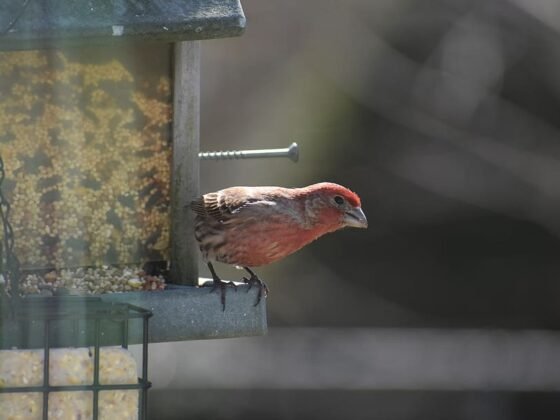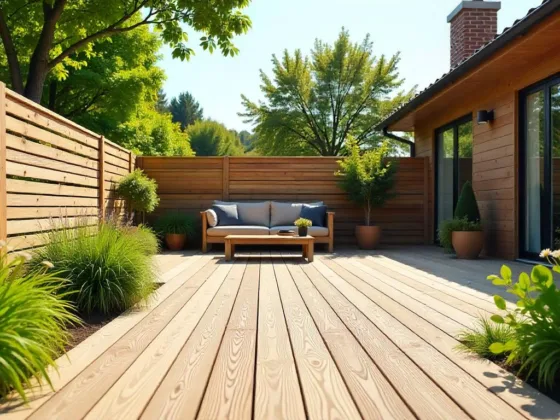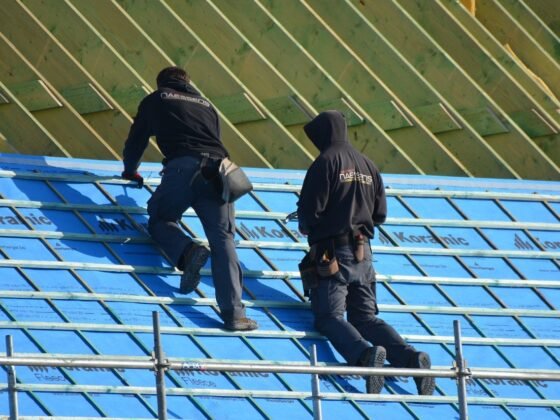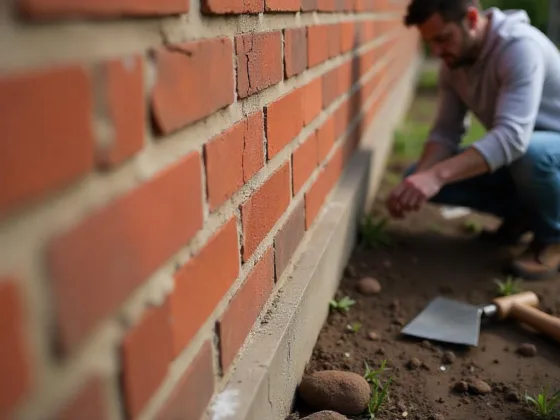Table of Contents Show
In the US, heating ventilation and air conditioning systems make up a $15.16 billion market.
That was in 2020, and experts forecast it to see a compound annual growth rate of 6.0% between 2021 and 2028.
One factor driving the HVAC market’s growth is the rise in the number of old system replacements.
HVAC components don’t last forever; after all, they have lifespans ranging from 7 to 25 years.

However, just because you have a defective HVAC system doesn’t mean you already need to replace it.
A licensed professional may still be able to fix or replace some of its components.
The keyword there is “licensed pro,” as DIY repairs won’t cut it for most HVAC problems. DIY fixes could also give rise to health and safety risks.
To that end, we created this guide detailing why you shouldn’t DIY HVAC repairs. Read on to discover the dangers of doing so.
Potential Exposure to Toxic Refrigerants
As of 2020, the US has completely banned Freon manufacturing and importation. One reason is that Freon, also known as R-22 or HCFC-22, is an ozone-depleting type of refrigerant.
Moreover, Freon is an asphyxiant, which means that it can cut off the oxygen supply in the body.
Its liquid form can also cause frostbites and chemical burns. In any case, exposure to R-22 can lead to dangerous, even deadly, refrigerant poisoning.
You can get exposed to Freon if the air conditioner in your HVAC system has a refrigerant line leak.
Your AC unit has two of these copper lines, both of which can leak out R-22. Such issues can occur due to normal wear and tear or formicary pinhole leaks and corrosion.
Attempting to repair your HVAC system can then potentially expose you to Freon. The fact that it’s almost tasteless and near odorless further heightens your risk.
You may not even notice you’re breathing it in until symptoms like headaches and nausea arise.
Possibility of Electrical Shocks
In the US, an estimated 30,000 non-fatal shock incidents occur each year. Worse, some electrical accidents are so bad they claim about 1,000 lives per year. Researchers also say that one in five electrical injuries affect children.
Now, keep in mind that HVAC systems are the biggest electricity users at homes. For example, US homes used 236 billion kWh of electricity in 2020 for cooling alone.
That should give you a clear idea of how much electrical current flows in and out of your HVAC system.
That’s also why you should never tinker with your space heater and cooler if the power is still on.
However, electrical shocks can still occur even when the main electrical panel is off. For example, HVAC wiring can still have leftover current even after you shut off the power supply.
For the same reasons, licensed HVAC pros always test for power before doing anything. They use special electrical testers, such as on-contact voltage testers. This allows them to ensure they won’t touch anything carrying electricity.
Moreover, HVAC repair service experts use proper personal protective equipment (PPE). These include full-coverage clothing, steel-toed work boots, and electricity-proof gloves.
They also don goggles, face shields, hard hats, and respirators to keep themselves safe.
Unless you’re an HVAC tech yourself, you likely don’t have all those tools and PPE must-haves. As such, the smartest move here is to avoid DIY HVAC repairs and go pro instead.
Read Also:
- Explore the Significant Differences Between Commercial and Residential HVAC Systems
- Fall HVAC Maintenance Checklist: Everything You Need to Do for the New Season
- The Essential Guide to Choosing the Right HVAC Maintenance Company
- Should You Purchase a New HVAC Before Selling Your Home?
- Tips for Choosing a Quality HVAC Contractor
Risk of Fires or Explosions
An estimated 354,400 residential building fires occurred in the US in 2019. Heating equipment accounted for approximately 9.3% of these cases. That’s close to 33,000 fires due to home heating equipment!
Improper use and handling of boilers and furnaces can give rise to such dangers.
For example, you may unintentionally cause a gas leak as you attempt to fix your heater’s burners.
That can then cause a lot of gas to build up within the heater. Igniting all that gas can then result in a fire or, worse, an explosion.
Another potential danger of DIY heater repairs is carbon monoxide (CO) poisoning. CO, an invisible, odorless, and tasteless gas, forms when you burn fuel such as gas or propane.
You can get exposed to this toxic gas if your boiler or furnace has a damaged heat exchanger.
Please note that at least 50,000 people in the US end up in emergency rooms due to CO exposure. More than 400 people also die as a result of breathing in this gas.
That should be enough reason not to attempt repairing your HVAC system by yourself. Instead, hire a licensed HVAC repair expert to inspect and fix your space heater.
HVAC Problems Can Be Unnoticeable to the Untrained Eye
The folks at https://www.schneidermechanical.com/ say that HVAC failures are preventable.
One such preventive technique is pre-season maintenance. It involves full inspection, deep-cleaning, adjusting, and rewiring HVAC components.
All those steps allow HVAC pros to spot problems, such as pinhole refrigerant leaks. It’s also easier for them to discover such issues since they use special diagnostic tools. From there, they advise homeowners about potential repairs.
By contrast, many forms of HVAC defects aren’t obvious to the untrained eye. As such, you could easily miss minor damages that will only worsen over time.
Unfortunately, failure to address these issues can lead to the early demise of your HVAC unit.
So, let the pros handle your HVAC repairs so that they could completely inspect your system.
This way, they can discover and fix minor problems before they can cause more damage.
Pro Heating Ventilation and Air Conditioning Repair Is the Way to Go
As you can see, DIY heating ventilation and air conditioning repairs carry many risks. For the same reasons, it’s always best to hire HVAC experts, as they know exactly what they need to do and how to do it safely.
Plus, licensed HVAC techs carry insurance and back their services with a warranty.
So, the next time your heater or air conditioner acts up, ring up a local HVAC company for help.
Ready for more nifty tips and strategies on home improvement? Check out our latest blog posts for other tips and tricks then!










